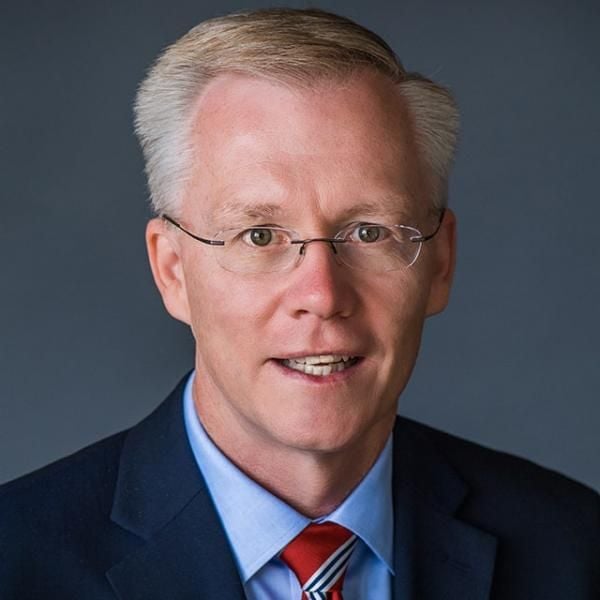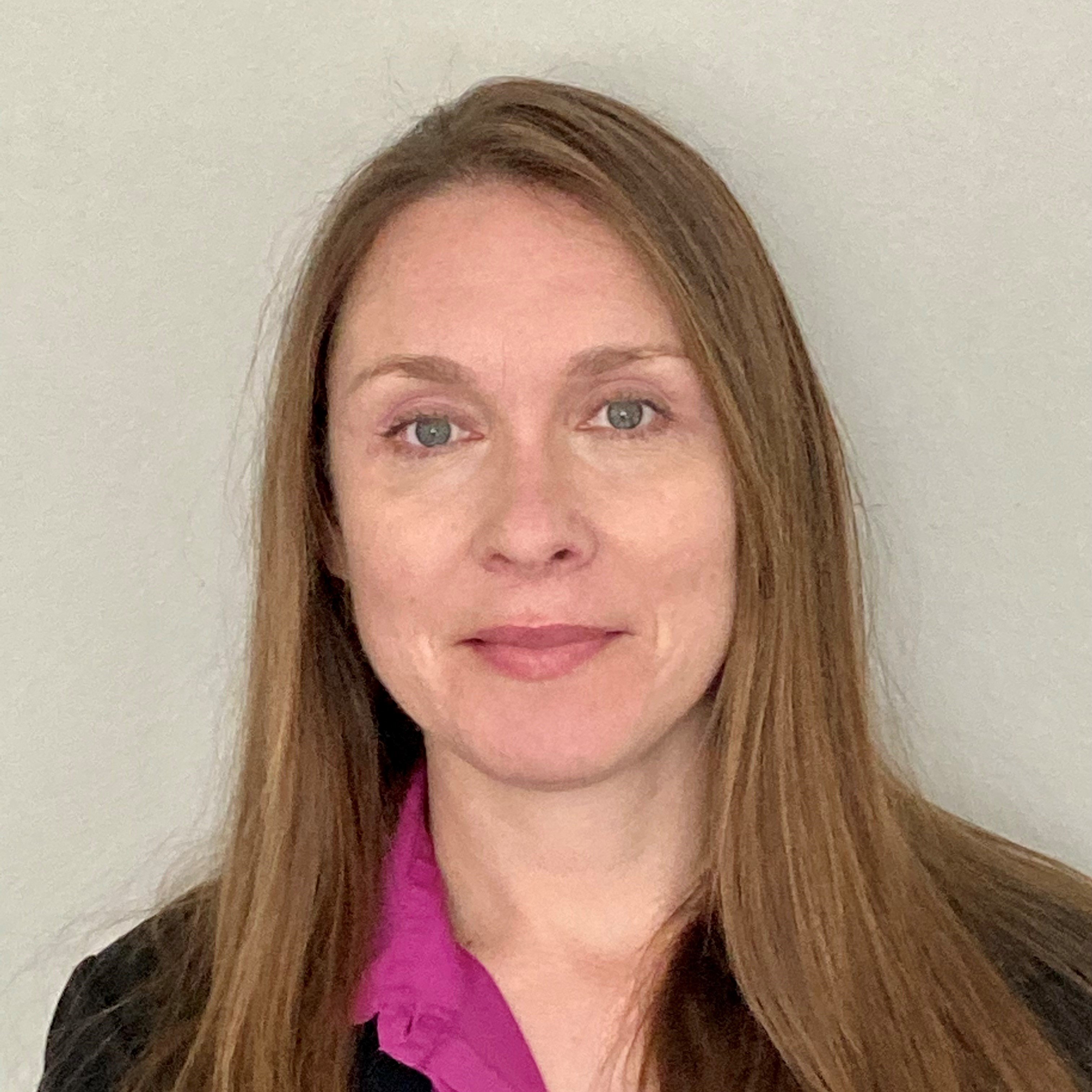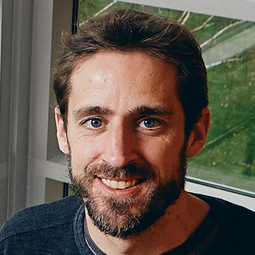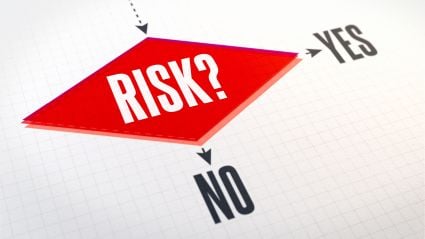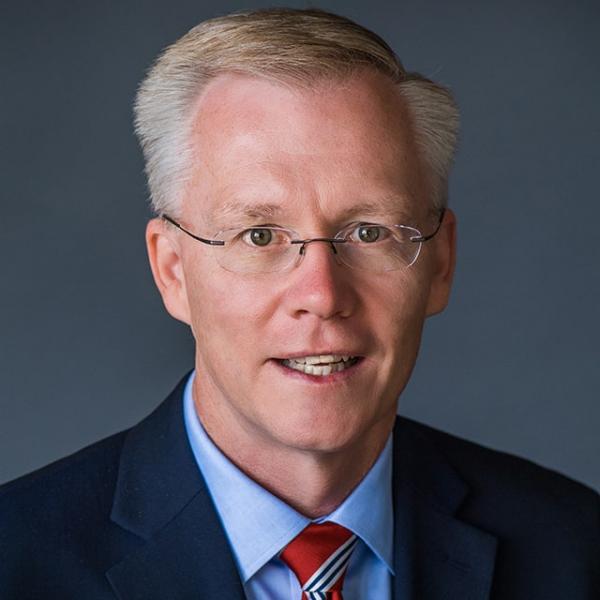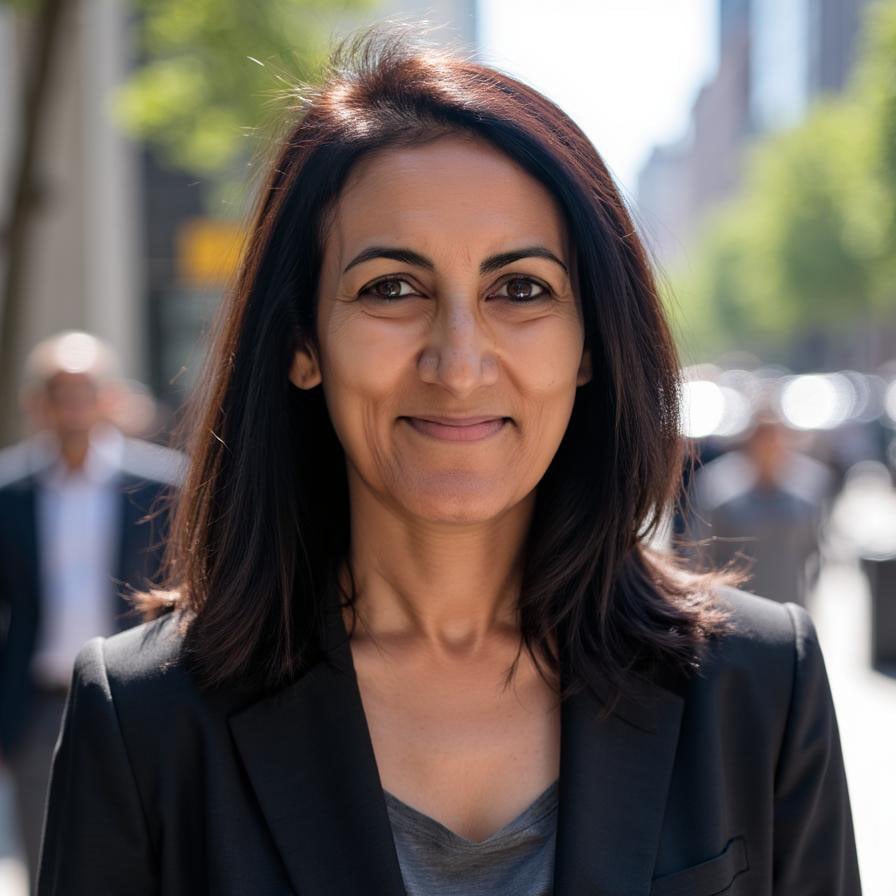
You’ve spent 17 years of your career at Yamaha Motor Company. How has your ability to adapt to disruptions shaped your current role at Yamaha Motor Ventures?
Throughout my tenure at Yamaha Motor Company, I’ve led diverse teams across engineering, business development, and digital transformation, which has taught me how to turn disruption into opportunity.
Since 2022, I’ve reshaped Yamaha Motor Ventures’ strategy by emphasizing business unit collaboration, enabling a dynamic investment scope, and maintaining disciplined best practices. Our active engagement has connected our ParentCo to over 300 startups in under three years, yielding 14 commercial agreements. By expanding beyond mobility into FinTech, advanced materials, the circular economy, and supply chain innovation, we’re driving new areas of growth while also building resilience in a volatile global market.
What piqued your interest in participating in the 2025 Milken Institute Global Conference panel on critical minerals, aside from being an industrial consumer of the commodity?
Beyond being an industrial consumer, I wanted to better understand the geopolitical, technological, and sustainability challenges in critical mineral supply chains. The conference offered valuable discussions beyond the panel itself, bringing together leaders from mining, policy, and technology. Their insights went far beyond traditional sourcing issues, highlighting the need for innovation and resilience. These perspectives help us refine our investment thesis to address emerging global risks and opportunities, especially in building sustainable, secure supply chains essential for the energy transition and advanced manufacturing.
What was one insight you gained from other perspectives at the Global Conference that has impacted your work at Yamaha Motor Ventures?
The Global Conference was a reminder that success in critical minerals demands strategic discipline and collaboration. Policy shifts and geopolitical tensions can’t be controlled, but they must be monitored closely while focusing on what is controllable: capital readiness, product innovation, operational excellence, strong diversified partnerships, and agility.
True resilience also hinges on strong public–private collaboration, aligning innovation with policy and infrastructure so that both can adapt together in a rapidly changing landscape.
When it comes to investing with an outlook on global supply chains, where do you see the opportunity for progress?
Key opportunities include advanced manufacturing and materials that reduce reliance on limited resources and specific geographies while improving efficiency; artificial intelligence and logistics innovations that enhance supply chain transparency and responsiveness; and circular economy technologies that enable resource recovery and waste reduction.
Investing across these areas helps build diversified, resilient supply chains capable of withstanding global shocks, while supporting sustainable growth and operational agility.
What is one initiative that you find most exciting or promising to expand the production of assets?
Diversifying the supply of rare earth elements is a critical initiative. We are privileged to be supporting Phoenix Tailings, which is addressing this issue. Their zero-waste metallurgy process stands out for simultaneously expanding critical mineral supply and significantly reducing environmental impact. This approach addresses the urgent need for sustainable production methods and represents the type of disruptive, high-impact innovation we strive to support.
Despite today’s uncertainties, what developments or experiences fuel your optimism about the future of critical mineral supply chains?
Several trends in the market are driving my optimism: technological advances in recycling; alternative materials; and extraction methods that reduce raw material and energy dependency.
To help fuel these trends, we are seeing growing global policy support with governments prioritizing supply chain security through funding and regulation, and cross-sector collaborations linking corporates, startups, and governments to build resilient ecosystems.
At Yamaha Motor Ventures, we seek to support startups in the ecosystem driving these trends, ensuring we contribute to a sustainable and secure critical minerals future.
